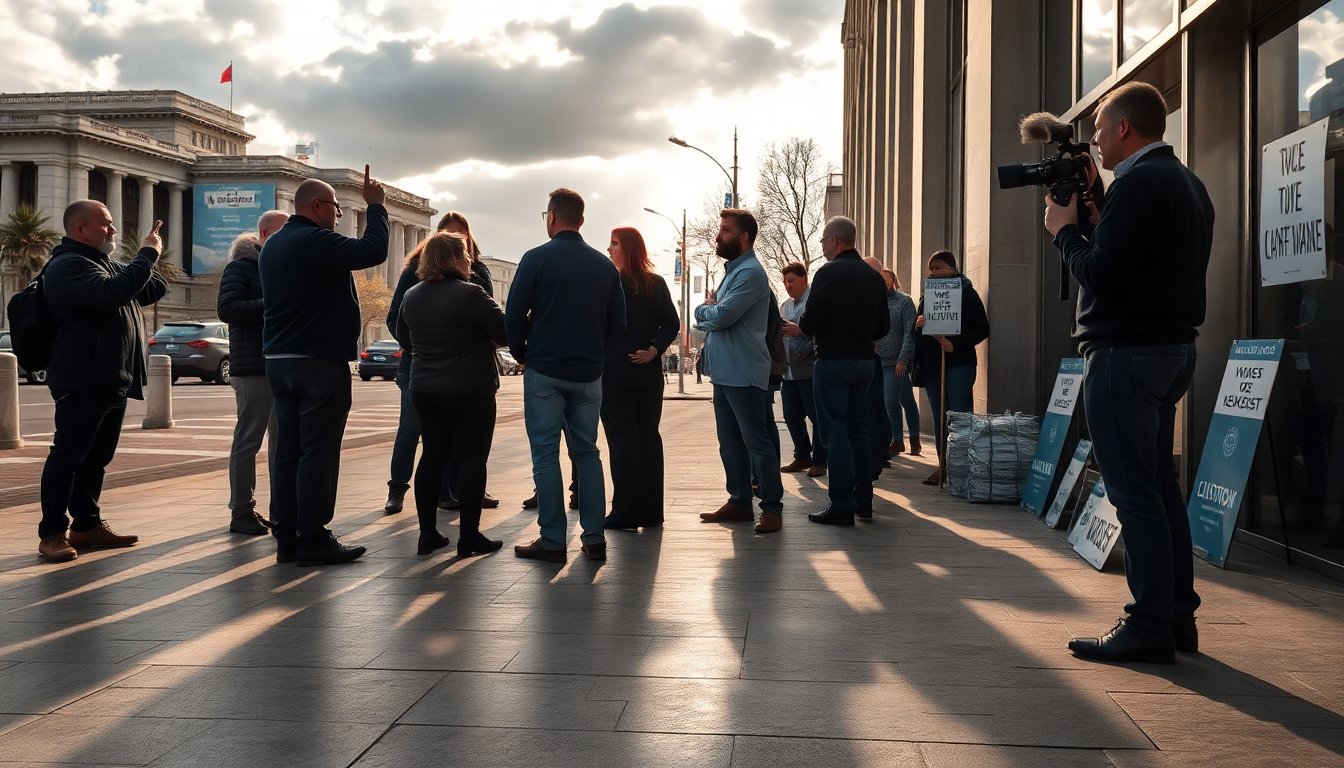Table of Contents
The recent assassination of conservative activist Charlie Kirk has ignited a fierce debate over political rhetoric in the United States. This tragic event has not only shocked the nation but has also raised critical questions about the responsibility of political leaders and media outlets in fostering a more constructive dialogue. In a recent interview with CNN, Rep. Tim Burchett of Tennessee confronted host Kate Bolduan, challenging her and her network to reflect on their role in perpetuating heated political discourse. As the country grapples with the implications of Kirk’s death, it is vital to explore the contours of this conversation and its broader impact on political dynamics.
The Exchange: Burchett vs. Bolduan
During the CNN interview, Burchett’s remarks were both pointed and revealing. When Bolduan accused President Donald Trump of failing to lower the political temperature following Kirk’s assassination, Burchett responded by suggesting that CNN should examine its own contributions to the divisive atmosphere. His assertion that CNN has a responsibility to temper its rhetoric struck a chord, prompting a spirited back-and-forth about the role of media in shaping public perception and political discourse.
Burchett’s remarks highlight a growing sentiment among some political figures that media outlets contribute to the polarization of American politics. By continuing to amplify certain narratives, they argue, news organizations can inadvertently escalate tensions rather than foster understanding. This perspective raises important questions about media ethics and the responsibility of journalists to provide balanced reporting.
Bolduan, on the other hand, defended her position, emphasizing that her intent was to spark a constructive conversation by presenting varying viewpoints. Her insistence on the need for dialogue underscores the belief that open discussions can lead to greater understanding, even amidst contention. However, this exchange illustrates the complexities of navigating political discourse in an increasingly polarized environment.
The Broader Implications of Kirk’s Assassination
The assassination of Charlie Kirk has reverberated throughout the political landscape, prompting memorials and discussions across the nation. As the country reflects on this tragic event, it is essential to consider its implications for future political dialogue. Kirk’s death has not only underscored the potential consequences of inflammatory rhetoric but also the urgent need for political leaders to model responsible discourse.
In the aftermath of Kirk’s assassination, many are calling for a reassessment of how political figures communicate. The prevailing notion is that leaders must take proactive steps to lower tensions and promote civility. However, the challenge lies in balancing free speech with the responsibility to avoid inciting violence or hatred. This delicate equilibrium is crucial in shaping a political culture that values discourse over division.
Moreover, the role of social media and digital platforms cannot be overlooked. In an age where information spreads rapidly, the potential for misinterpretation and manipulation increases. Political figures must navigate these challenges while remaining committed to fostering a respectful dialogue that prioritizes facts over sensationalism.
Moving Forward: Fostering Constructive Dialogue
As the nation processes the events surrounding Charlie Kirk’s assassination, it is imperative for both political leaders and media outlets to engage in self-reflection. This moment presents an opportunity to recommit to fostering a political environment that emphasizes mutual respect and collaboration. Leaders should strive to communicate in ways that bridge divides rather than deepen them.
Additionally, media organizations must evaluate their editorial choices and the narratives they promote. By prioritizing comprehensive reporting that encompasses diverse perspectives, they can contribute to a more informed public discourse. The responsibility lies not only with politicians but also with journalists to cultivate a culture of accountability and transparency.
Ultimately, the goal should be to create a political landscape where dialogue reigns supreme, and individuals feel empowered to express their views without fear of violence or retribution. In doing so, the legacy of Charlie Kirk can serve as a catalyst for meaningful change in how political discourse is conducted in the United States.


